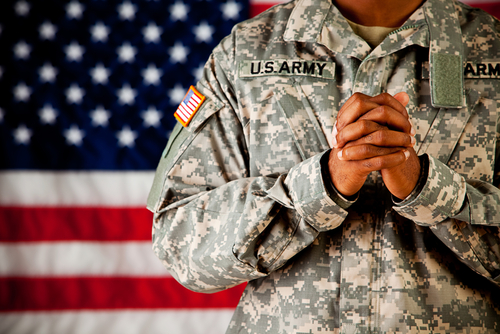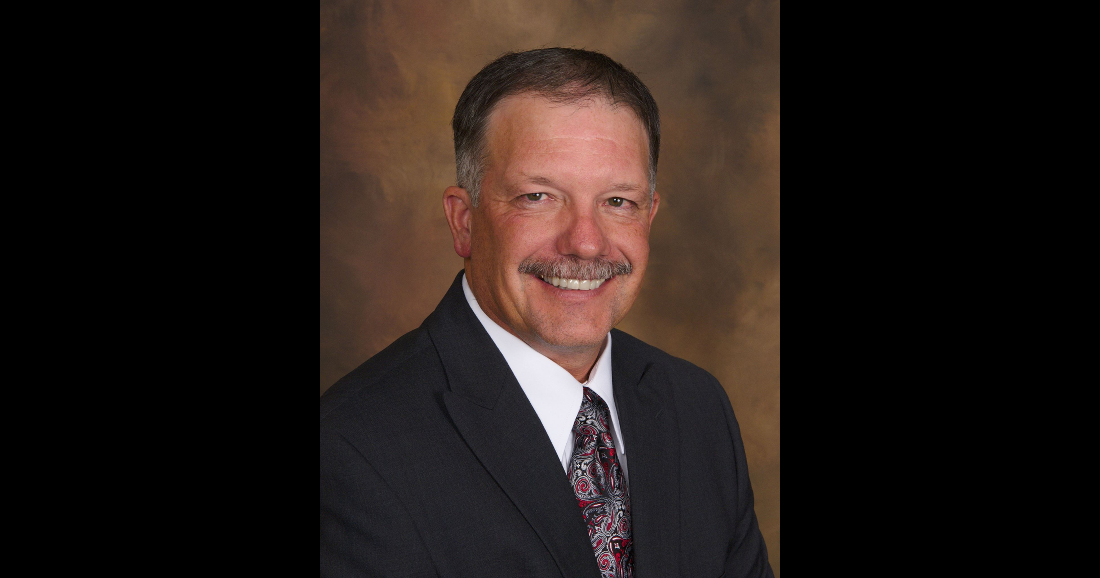The Department of Defense has always had a rule to protect the “rights of conscience of members of the Armed Forces,” but their list of which beliefs were protected under that rule were limited to only the most common religious and non-religious traditions.
Sure, atheist and Agnostic were on the list, but other labels often used by non-religious people, like Humanist and Deist, were nowhere to be found. It forced some military personnel to define themselves by what they don’t believe in rather than by what they did.
That is no longer the case, according to a new memorandum released by the DoD.

As of March 31, more than 100 new “Faith and Belief” codes (formerly called “Faith Group” codes) have been added to the list, including:
- Heathen
- Other Religions
- Deism
- Humanist
- No Preference
- No Religion
- None Provided
Don’t mock the inclusion of “Heathen” either. They’ve been pushing for this for years now. Followers — who accept modern versions of traditional Norse, Germanic, and Anglo-Saxon gods like Odin and Freyja and believe in the post-death paradise known as Valhalla — were unable to hold services on base or get counseling from a Heathen chaplain. If they died, the military might have given them a non-denominational Christian burial.
And that’s a tiny group compared to the Humanists who faced similar consequences. Now, across the entire military, they’ll have access to the same kinds of privileges afforded to religious and explicitly atheistic groups.
The American Humanist Association is thrilled with the change:
President of the Military Association of Atheists and Freethinkers, Jason Torpy, said “After a decade of our positive outreach and communication of the struggles humanists have faced in the military, we wish to convey our sincere appreciation for the chaplains and endorsers who recommended these changes and made this advance possible.”
“We thank the Department of Defense for recognizing the brave and dedicated humanists serving in our armed forces, who protect our constitutional freedom to believe and not believe,” added Roy Speckhardt, executive director at the American Humanist Association, “This is a step toward inclusiveness and respect for all Americans.”
Perhaps the move will help us inch closer to actually having a Humanist chaplain in the military. Given the number of non-religious people in the military, we’re long overdue for a chaplain (for lack of a better word) who understands what atheists in foxholes are truly going through and can help them deal with their unique challenges.
***Update***: The Military Association of Atheists and Freethinkers issued this statement, celebrating the change and advocating for Humanist counselors (or “chaplains”) to have a seat at the table.
… This new memo has authority and consent not seen before. This new directive has paved the way for good chaplains to do the right thing for Humanists and other nontheists in the military. Humanists can identify as who they are throughout the Department of Defense and be counted in top-level demographics. Having Humanist on the list of options will help chaplains to see and provide for the Humanist needs that have always been there in units throughout the military.
…
The wording of the letter… is extremely specific, starting with the recommendation of the Armed Forces Chaplains Board (AFCB). The AFCB is comprised of the Chiefs and Deputy Chiefs of Chaplains of each branch of service. This implies strongly that the Chiefs themselves are on board with inclusion of Humanism in chaplain programs. New public laws citing rights of conscience, not just god-based traditional faiths, show a commitment to abandon the outdated concept of a god-or-bust chaplaincy.
(Image via Shutterstock)




It’s Moving Day for the Friendly ..."
It’s Moving Day for the Friendly ..."
It’s Moving Day for the Friendly ..."
It’s Moving Day for the Friendly ..."